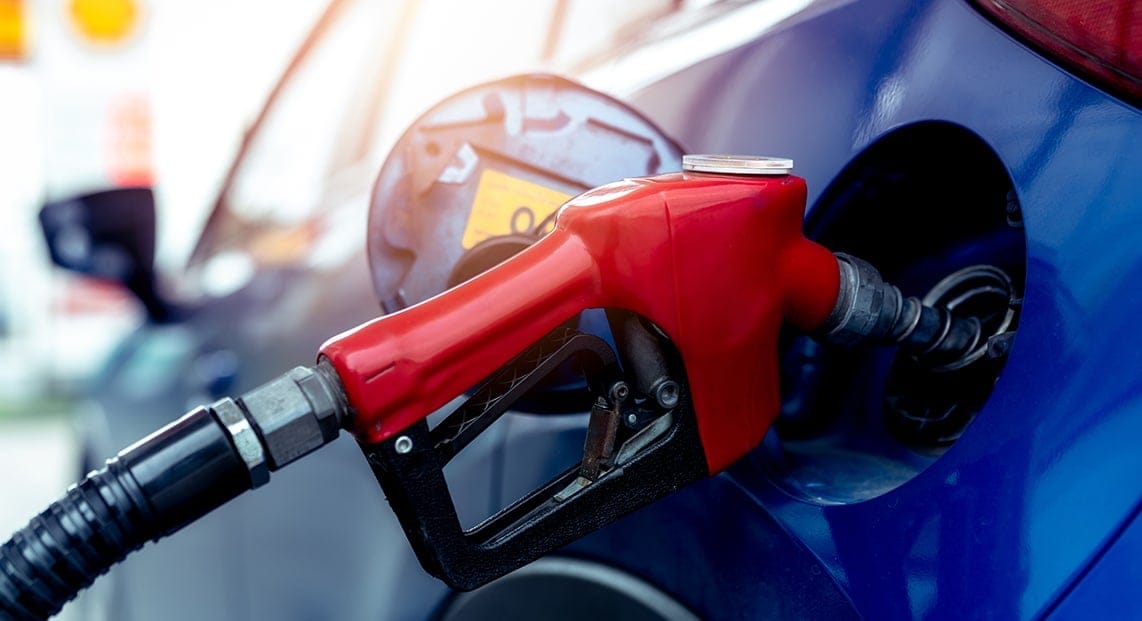- SolutionsWith a strategic solution that works for you and your business, you can unlock revenue-generating opportunities and begin managing your fleet as an investment.Overview
- About UsWhen Holman was founded in 1924, we set something positive in motion. Our consistent focus on people and our commitment to integrity make us who we are today.Overview
 Join Our TeamWe’re not just in the automotive business, we’re in the people business. Join us for the ride.Browse Careers
Join Our TeamWe’re not just in the automotive business, we’re in the people business. Join us for the ride.Browse Careers
Fleet Efficiency vs. Fuel Costs
Holman Marketing
October 15, 2021

Electric Vehicles (EVs) dominate headlines these days, and with good reason. Energizing EVs requires no gasoline, they’re low maintenance, and they do not emit pollutants. However, many fleets are not yet able or ready to make the switch from traditional combustion engines to EVs. The good news is there are still a number of ways to improve fuel efficiency with gasoline-powered cars.
While focusing on fuel cost is helpful for your bottom line, managing fuel efficiency is beneficial to both that and the environment . Visibility into the factors that drive your fleet’s fuel consumption is key to achieving maximum productivity with minimum wasted effort or expense. It allows you to pinpoint what’s contributing to waste and high costs so that you can adjust accordingly.
Fleet Fuel Efficiency
Just how do you monitor fleet fuel consumption and efficiency? There are quite a few ways to achieve this. Two rather quick ways are monitoring driving behavior, while also checking in on your vehicle performance:
- Driver Behavior:
Poor driving habits significantly increase fuel costs. Speeding, harsh braking, and aggressive acceleration wreak havoc on your fuel economy – and expose your organization to significant risk – as does allowing your vehicle to idle unnecessarily. For a 100-vehicle fleet, just five minutes of excessive idling equates to more than$3,000 USD a year.
Another factor to take note of is fuel fraud. To help prevent it from occurring, try implementing a program that authorizes fuel purchases, controls spend and mitigates fraudulent activities. Using fleet fuel cards and building a strategy around their usage can help power those initiatives. Monitoring the behavior of your drivers and establishing policies designed to eliminate unauthorized transactions can make a significant impact.
- Vehicle Performance:
In addition to driver behavior, take into consideration vehicle attributes and performance. For instance, tires. For every 1 PSI below a tire’s recommended pressure, about 0.2% fuel efficiency is lost. Regularly monitoring tire pressure and even opting for low-rolling resistance tires can help improve fuel economy.
Assessing your fleet size is important as well. Disposing of vehicles that are not performing, such as those that are primarily parked or underutilized, can reduce your monthly fuel costs.
Fleet Management Fuel Costs and Next Steps
If you’re looking to achieve better fuel efficiency while also managing your overall cost, keep the above practices in mind. For a deeper dive into the factors contributing to fuel consumption, click here.
There’s a lot of information to navigate, but we’re here to assist you every step of the way. Contact us to learn how we can help maximize fuel efficiency leveraging your existing data.
Considering a switch to EV? Learn how telematics can help support your decision to switch.
Next Post
Avoid Silofication – Lease vs. PurchaseRelated Resources
Explore more related industry news, insights, and developments.









